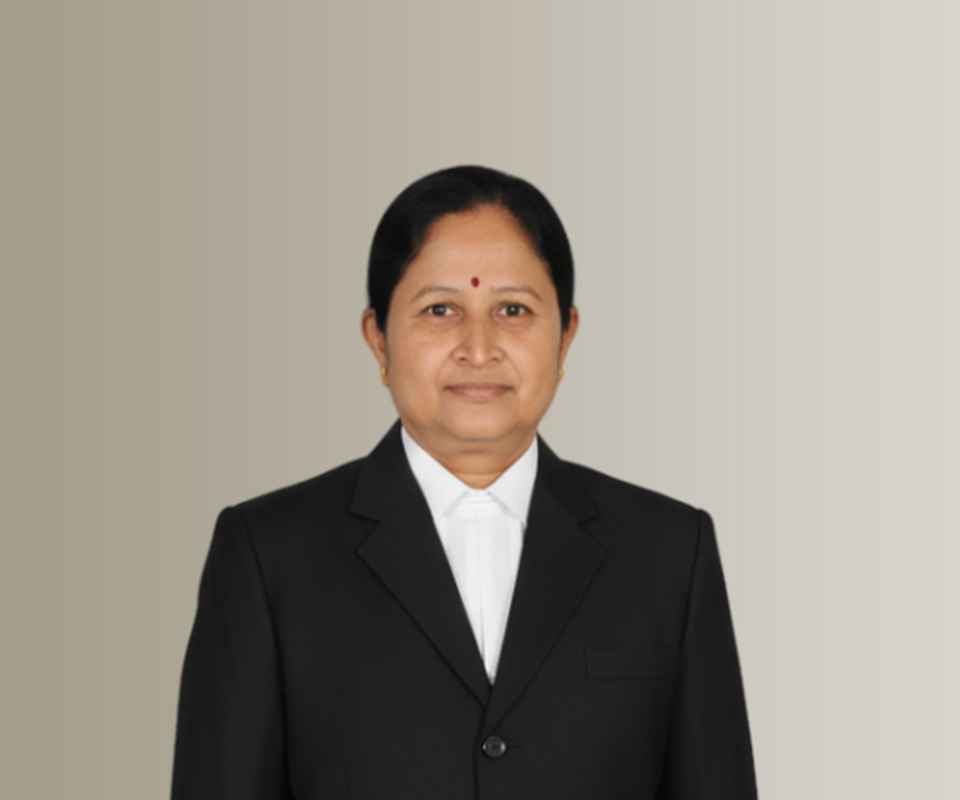Answer By law4u team
Expediting the divorce process in India can be challenging due to the typically lengthy court procedures, but certain steps can be taken to speed up the process. The length of time required for a divorce largely depends on whether the divorce is mutual consent or contested, as well as the specific circumstances of the case. Here are the key strategies to expedite the divorce process:
1. Opt for Mutual Consent Divorce (Section 13B of the Hindu Marriage Act, 1955):
- Fastest Option: The quickest way to obtain a divorce is through a mutual consent divorce. This occurs when both spouses agree to end the marriage and file a joint petition before the family court.
- Procedure:
- Both spouses must agree on the terms of the divorce, including property division, child custody, alimony, and maintenance.
- The divorce petition is filed together, and after a six-month waiting period (which can be waived in exceptional circumstances), the court may grant the divorce.
- If the couple can agree on all terms and attend hearings promptly, this can be completed in about 6-8 months, much faster than a contested divorce.
- Avoid Disputes: The key advantage of mutual consent divorce is that there are fewer legal hurdles, and the process moves faster if both parties cooperate.
2. File a Contested Divorce With the Strongest Grounds (Section 13 of the Hindu Marriage Act):
- Use Strong Grounds: If a mutual consent divorce is not an option, you will need to file for a contested divorce under Section 13 of the Hindu Marriage Act. Grounds such as cruelty, desertion, adultery, or mental illness can speed up the process if the allegations are backed by solid evidence.
- Gather Evidence Early: To avoid delays, ensure you have solid evidence supporting your claim. For example, medical records, photographs, police reports, or witness testimonies can substantiate allegations like cruelty or adultery.
- Fast-Track Hearing: In cases involving cruelty or domestic violence, you can request a fast-track hearing from the court. Courts are more likely to expedite such matters where the allegations are serious and well-supported by evidence.
3. File a Petition for Divorce by Agreement:
If both spouses are already separated, a divorce by agreement is possible. This process allows you to file for divorce based on mutual consent, with a clear agreement on terms, without much waiting or conflict. If you and your spouse are in agreement on the settlement terms, the court may consider expediting the process.
4. File a Petition for Divorce on Grounds of Desertion or Separation:
- If your spouse has been absent for more than two years, you may file for divorce on the grounds of desertion under Section 13(1)(b) of the Hindu Marriage Act. If you can prove that your spouse has deserted the marriage without reasonable cause, it can lead to a quicker divorce.
- In some cases, separation for two years or more can also be grounds for a quicker divorce if your spouse has been living separately for a long time.
5. Seek Interim Orders for Alimony or Child Custody:
While the divorce is pending, you can request interim orders from the court for issues like alimony, maintenance, or child custody. This can help streamline the divorce proceedings by addressing important issues while the case is still ongoing, reducing delays.
If both parties are in agreement about child custody or maintenance, this can expedite the process significantly.
6. Be Prompt and Organized with Court Hearings:
- Attend all scheduled hearings promptly. Missing hearings can lead to delays, rescheduling, or unnecessary adjournments.
- File all documents and petitions on time to prevent any backlog or procedural delays.
- Ensure that your lawyer is well-prepared and has all the necessary documentation and evidence ready for each hearing. This avoids any adjournments due to incomplete filings.
7. Choose a Competent Divorce Lawyer:
- Experienced Lawyer: Engaging a lawyer who specializes in family law can significantly expedite the divorce process. An experienced lawyer will be able to guide you through the legal process, help you file accurate and timely petitions, and handle any procedural requirements effectively.
- Avoid Disputes: A good lawyer can also mediate and negotiate with your spouse or their lawyer, helping avoid prolonged disputes and reducing delays in the court proceedings.
8. Consider Filing Under the Special Marriage Act (if applicable):
If your marriage was registered under the Special Marriage Act, the process for divorce may differ slightly and can sometimes be quicker, especially when it involves mutual consent. This act allows for fast-track divorce in cases where the marriage has irretrievably broken down, and both parties agree.
9. File for Divorce on the Grounds of Uncontested Conditions:
If your spouse does not contest the divorce petition, the process will be much faster. If your spouse is uncooperative, the court may give an ex-parte judgment after one or two hearings.
Ensure you have proper legal documentation to prove that your spouse has been served notice and has failed to respond to the divorce petition.
10. Request Expedited Court Proceedings (in urgent cases):
In cases where there are urgent circumstances, such as domestic violence or child custody issues, you can request the court to expedite the divorce proceedings. However, this is at the discretion of the court and will only be granted under exceptional circumstances.
Example:
If you and your spouse agree on all divorce terms, such as property division, child custody, and alimony, you can file for mutual consent divorce and request the six-month cooling-off period to be waived. If the court grants the waiver, your divorce can be finalized in about 6-8 months.
To expedite the divorce process in India, filing for mutual consent divorce is the most efficient option, especially if both spouses are in agreement. In contested divorces, ensuring strong evidence, filing for specific grounds like desertion or mental cruelty, and requesting interim orders can help speed up the case. Working with an experienced lawyer and staying organized with court proceedings is essential to reducing delays. With the right approach, you can reduce the time it takes for your divorce to be finalized.







